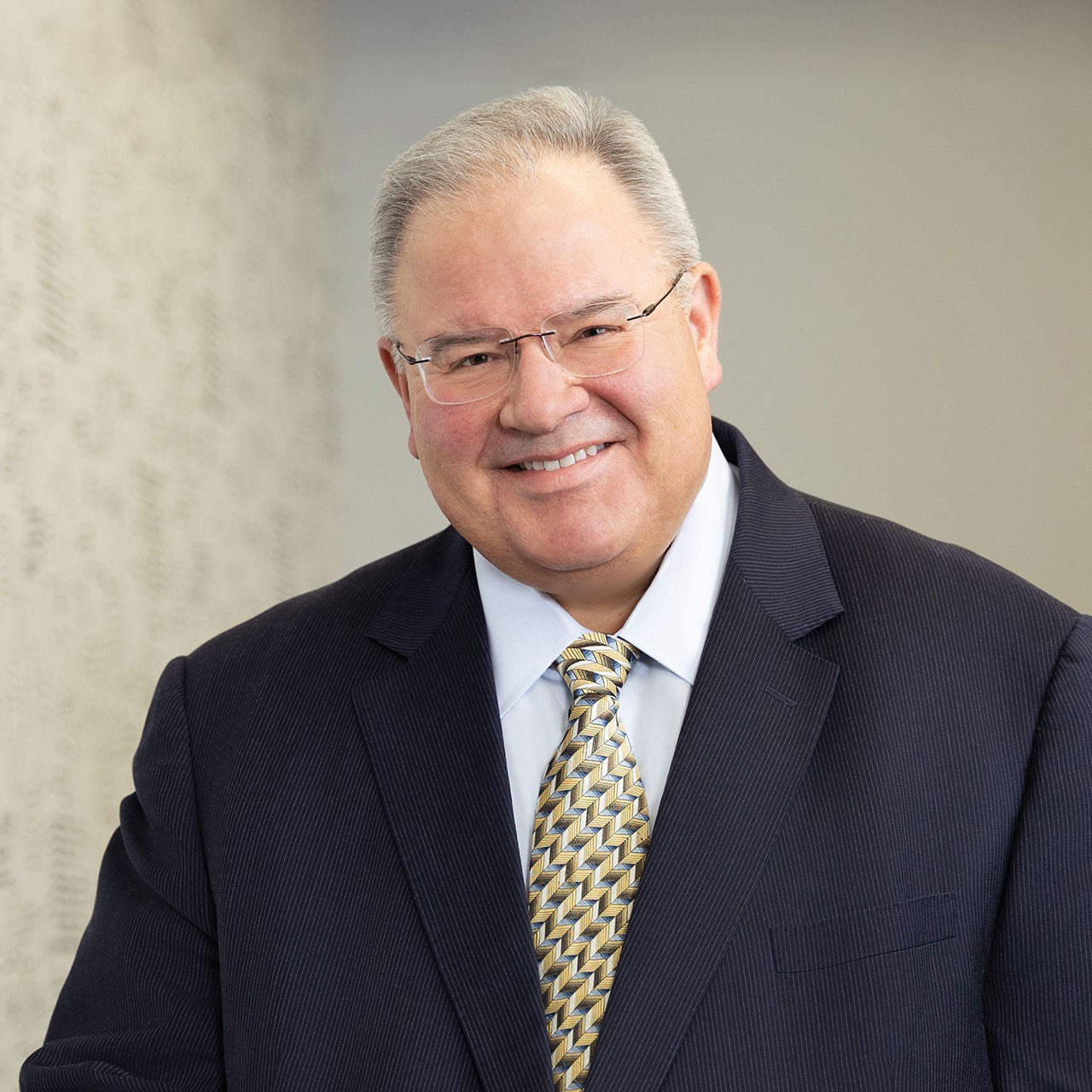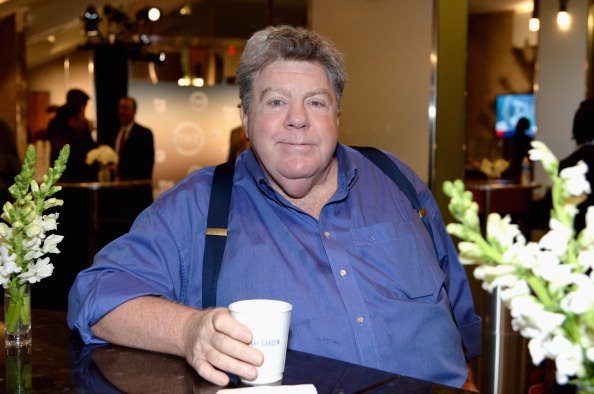In the early 1990s, I was a young attorney in Chicago fresh out of law school, still learning how to balance the weight of a big-firm briefcase with my own naive ambitions.
One evening after work, at a friend’s invitation, I wandered into the John Barleycorn pub in Lincoln Park. It was a neighborhood bar with a rich history and just enough charm to make you forget about long days working in the Loop.
City historians say it was once a well-known speakeasy, as well as a favorite hangout for John Dillinger. Unfortunately, the tavern has long since closed, but many fond Windy City memories of the place remain—and mine is one of them. That night I entered the place for the first time, stood at the bar, waited for a beer and suddenly heard a voice that stopped me midthought.
The voice was unmistakable at the time. Warm, gravelly and familiar—very familiar in a way that made you feel like you recognized it and have known it your whole life. I turned to my left, and there he was: George Wendt. Norm from Cheers. Right next to me. Sitting quietly, incognito in a Cubs hat pulled low over his forehead, sipping a beer like any other well-known Chicagoan trying to stay under the radar but looking right at me and smiling.
 Joseph VanFleet. (Photo courtesy of Howard & Howard)
Joseph VanFleet. (Photo courtesy of Howard & Howard)
He was in town starring in a musical production somewhere in the theater district. I must have stared at him a little too long, because his smile turned into belly laughter as he caught me. I fumbled through an apology, told him I didn’t mean to stare, but that I was a fan. He kept his smile, pointed at the empty bar stool between us, and said, “Sit down if you want.” So I did.
We talked for two hours. He told me stories from his days on Saturday Night Live and working with John Belushi and Dan Aykroyd, two guys he clearly adored. He said Eddie Murphy was one of the funniest people to ever live, both on and off camera. He talked about improv, about acting, about the joy of creating something in the moment. He lit up when I asked him about the stage and his current production. He said fulfillment in life should come from creating something new where nothing before existed and using your own wits to accomplish it. Live performances are the best way to bring that out in people, he explained.
When the conversation turned to the business side of entertainment, his tone shifted. He hated the commercialization of comedy and theater. He despised the people who were in it for the money. Most of all—and he said this with an evil grin—he hated lawyers.
I forced a laugh at this point and felt compelled to admit to him I was a lawyer. He paused, then said abruptly with his heightened stage voice, “Good thing you didn’t lead with that.”
He calmed himself, explaining that in his view, lawyers have played a major role in turning art into a commodity. He said “contracts and clauses” have replaced “creativity and risk” in the entertainment world.
I couldn’t help but try to take the opportunity to convert my new friend. I’m sure he saw how green I was as a new attorney, but I didn’t care. George Wendt was an amazing talent, and I just became his ambassador into the legal industry.
I told him I realize that some lawyers have bad reputations, but I also explained there are some truly wonderful lawyers in the world who are doing it for the right reasons. Some are even in it for the same reasons George loved acting, I suggested. Often, we are asked to use our wits and skills to create something that did not exist before we went to work on it—a solution to a client’s problem.
I asked him to admit that “bad apples” also exist in entertainment, which he did, and he even named a few famous examples who surprised me. I asked him about his friends and mentors in the industry, people who gave him a break to help him succeed just because they believed in him. He admitted he had received such help. I told him I had similar mentors in my profession. After a long discussion, we agreed we might not be so different, and that all industries have good and bad people in them, and we all must choose which we will be.
“I gotta tell you, there’s only one lawyer in the world who I have ever really liked,” he finally said, “and that’s mine.” He ended with this comment, then looked at me one last time. He raised his glass and added, “Maybe now there might be two lawyers that I like. Maybe there’s hope for your legal world after all.”
With that, he stood up from his barstool to leave. I hated that the conversation was ending. I offered him my business card and asked whether he had any interest in talking again. He laughed and quickly answered, “I don’t like you that much, kid.” Then he tipped his hat to me and walked toward the door, leaving my business card on the bar.
As he approached the door, someone in the crowd recognized him and shouted, “Norm!” Almost immediately the whole bar joined in. He turned and waved before walking through the door, just like he once did every Thursday night on TV.
I never saw or spoke with George Wendt again. I’m sure he forgot about me by the end of that night, but I’ve never forgotten him or the brief time I shared with him in John Barleycorn. For one young lawyer in Chicago, that night at the bar was a better education in perception of our industry than I ever received in law school.
It’s now been over 30 years, and I still remember his last comment as a great compliment. “Maybe now there might be two lawyers that I like.” Not just because it came from someone famous who I admired but because it reminded me that being a lawyer doesn’t have to mean being the villain in someone else’s story. Sometimes it just means listening, understanding and maybe—if you’re good enough—changing someone’s perception. Thank you again, George, and rest in peace.
Joseph VanFleet is an experienced trial lawyer, focusing his practice on small businesses and community banks in addition to Fortune 100 publicly traded entities and large-scale lenders he has always represented. He has represented clients throughout the country and in numerous complex and multidistrict cases, and he has obtained victories in well over 100 trials, appeals and alternative disputes.
ABAJournal.com is accepting queries for original, thoughtful, nonpromotional articles and commentary by unpaid contributors to run in the Your Voice section. Details and submission guidelines are posted at “Your Submissions, Your Voice.”

